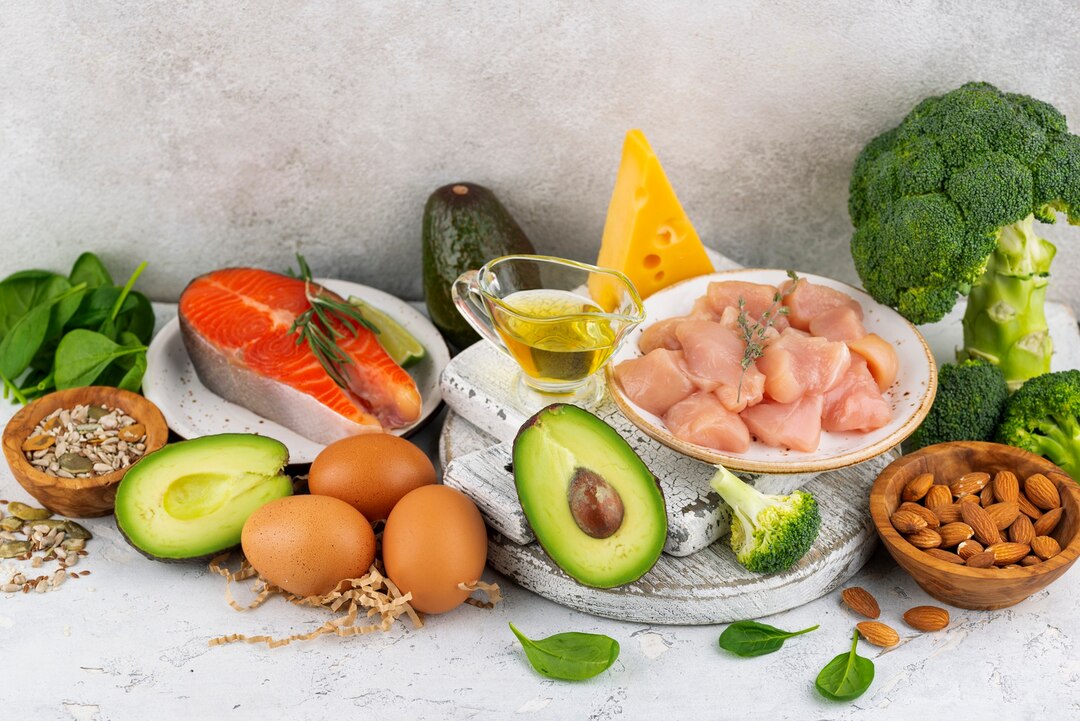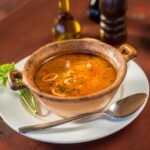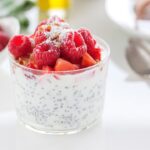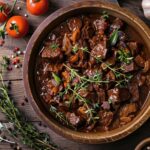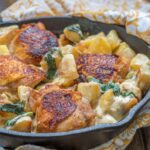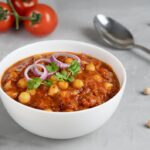Vitamin K is an essential nutrient that plays a vital role in blood clotting, bone health, and overall well-being. There are two primary forms of vitamin K: K1 (found in plant-based foods) and K2 (found in animal-based and fermented foods). Here are the top 40 foods rich in vitamin K to help you maintain optimal health.
Foods High in Vitamin K1 (Phylloquinone)
- Kale – One of the richest sources of vitamin K1, with about 1,062 mcg per cup (cooked).
- Spinach – A nutrient powerhouse providing 888 mcg per cup (cooked).
- Collard Greens – Packed with 836 mcg per cup (cooked).
- Broccoli – Contains 220 mcg per cup (cooked).
- Brussels Sprouts – Offers 156 mcg per cup (cooked).
- Cabbage – Provides 91 mcg per cup (cooked).
- Turnip Greens – Contains 529 mcg per cup (cooked).
- Mustard Greens – Offers 419 mcg per cup (cooked).
- Romaine Lettuce – A crisp option with 57 mcg per cup (raw).
- Green Beans – Provides 48 mcg per cup (cooked).
- Asparagus – Contains 72 mcg per cup (cooked).
- Endive – A leafy green with 116 mcg per cup (raw).
- Parsley – A flavorful herb with 164 mcg per 2 tablespoons.
- Swiss Chard – Contains 573 mcg per cup (cooked).
- Basil – Offers 36 mcg per 2 tablespoons (dried).
- Peas – Contains 38 mcg per cup (cooked).
- Zucchini – Provides 6 mcg per cup (cooked).
- Leeks – A versatile vegetable with 42 mcg per cup (cooked).
- Cilantro – A fresh herb offering 12 mcg per cup (raw).
- Okra – Provides 64 mcg per cup (cooked).
Foods High in Vitamin K2 (Menaquinone)
- Natto – A Japanese fermented soybean dish with 850 mcg per 100 grams.
- Egg Yolks – Contains 32 mcg per 100 grams.
- Chicken – Provides 60 mcg per 100 grams (dark meat).
- Duck – Contains 75 mcg per 100 grams.
- Cheddar Cheese – Offers 10 mcg per ounce.
- Goose Liver Pâté – A luxurious source with 369 mcg per 100 grams.
- Butter – Contains 2 mcg per tablespoon.
- Beef Liver – A nutrient-rich food with 106 mcg per 100 grams.
- Pork Chops – Provides 28 mcg per 100 grams.
- Salmon – Contains 5 mcg per 3 ounces.
- Sardines – Offers 20 mcg per 3 ounces.
- Mackerel – Contains 6 mcg per 3 ounces.
- Hard Cheeses – Like Gouda, with 75 mcg per ounce.
- Soft Cheeses – Such as Brie, with 50 mcg per ounce.
- Milk – Contains 1 mcg per cup.
- Yogurt – Provides 2 mcg per cup (plain).
- Fermented Vegetables – Like sauerkraut, with 5 mcg per cup.
- Beef – Contains 3 mcg per 100 grams.
- Poultry – Offers about 4 mcg per 100 grams (chicken breast).
- Duck Eggs – Richer than chicken eggs, with 40 mcg per egg.
Incorporating Vitamin K Into Your Diet
Adding vitamin K-rich foods to your meals is simple and beneficial for your health. For instance, you can toss leafy greens into smoothies, add herbs like parsley and cilantro to soups, or enjoy fermented foods like natto and sauerkraut as side dishes. Pair these foods with healthy fats, such as olive oil, to enhance absorption.
Maintaining a balanced diet with a variety of these foods ensures you meet your daily vitamin K needs, supporting strong bones, proper blood clotting, and overall vitality.
